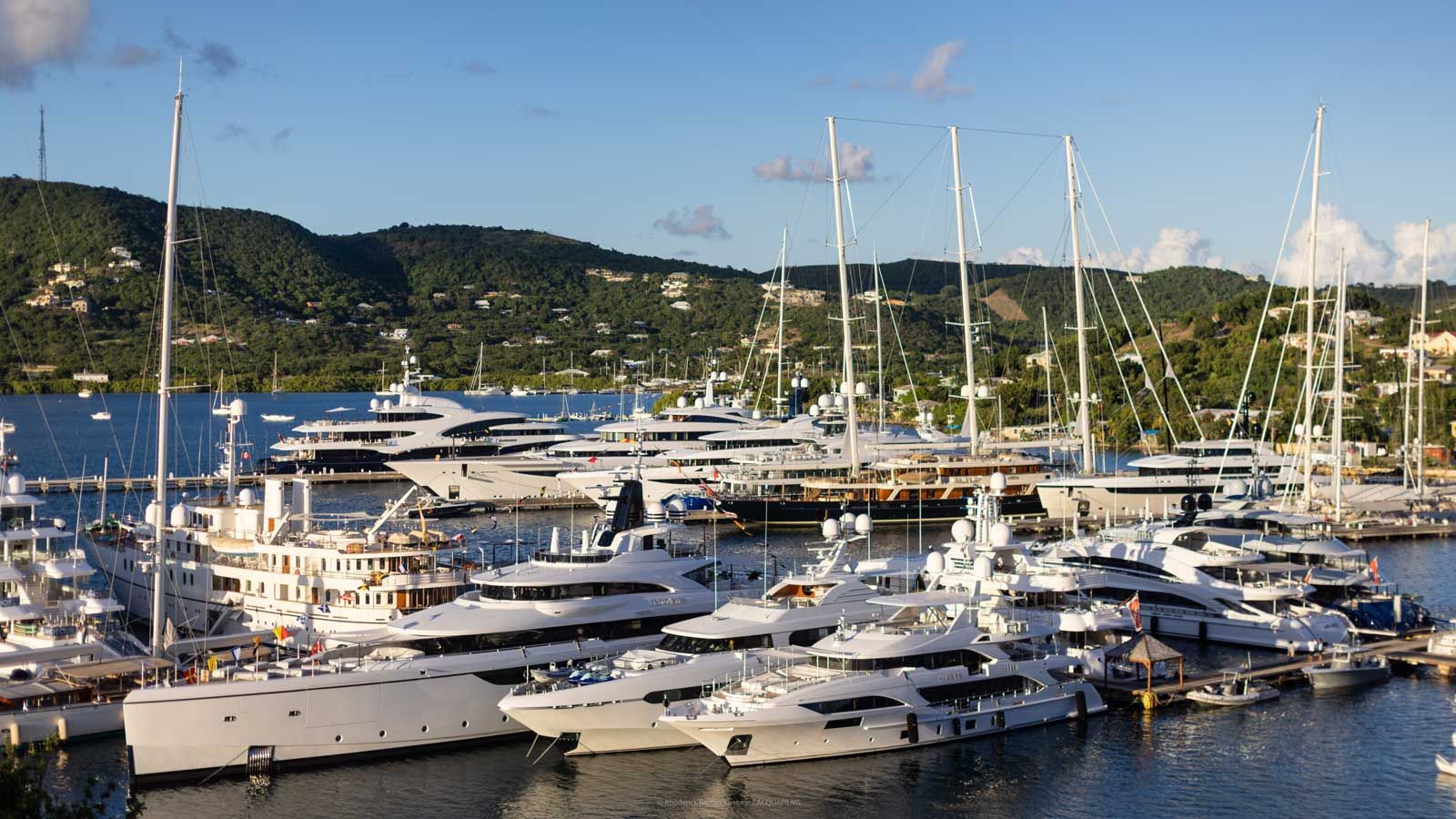The project is hailed as a necessary investment in Italy's infrastructure by Prime Minister Giorgia Meloni, who acknowledges past attempts to realize the bridge have faltered due to various issues, including financial constraints, safety worries, and allegations of organized crime interference. Meloni's administration argues the bridge will withstand potential seismic activity typical of the region and create approximately 120,000 jobs annually, propelling economic growth in some of Europe's poorest regions.
Transport Minister Matteo Salvini supports the project, emphasizing its role in defense expenditures toward NATO goals. However, before breaking ground, the proposal must pass scrutiny by the Italian Court of Auditors and meet environmental assessments required at both national and EU levels. The consultation process with local residents who might face property expropriation adds another layer of complexity, with potential legal challenges looming that could delay construction.
Opposition remains strong, with local politicians expressing concerns over the project's long-term benefits. Critics, like Senator Nicola Irto of the Democratic Party, label the project as "controversial and divisive," arguing it diverts much-needed resources from vital public services such as transportation and healthcare. Additionally, grassroots organizations like the "No to the Bridge" committee voice fears of significant environmental impact due to water consumption during construction, amid ongoing drought challenges in the region.
Currently, transportation across the Strait relies on a ferry system that services train coaches, a process that has been in place for decades. As Rome pushes forward with this controversial plan, communities on both sides of the strait face an uncertain future, locked between dreams of development and apprehensions about its possible consequences.
Transport Minister Matteo Salvini supports the project, emphasizing its role in defense expenditures toward NATO goals. However, before breaking ground, the proposal must pass scrutiny by the Italian Court of Auditors and meet environmental assessments required at both national and EU levels. The consultation process with local residents who might face property expropriation adds another layer of complexity, with potential legal challenges looming that could delay construction.
Opposition remains strong, with local politicians expressing concerns over the project's long-term benefits. Critics, like Senator Nicola Irto of the Democratic Party, label the project as "controversial and divisive," arguing it diverts much-needed resources from vital public services such as transportation and healthcare. Additionally, grassroots organizations like the "No to the Bridge" committee voice fears of significant environmental impact due to water consumption during construction, amid ongoing drought challenges in the region.
Currently, transportation across the Strait relies on a ferry system that services train coaches, a process that has been in place for decades. As Rome pushes forward with this controversial plan, communities on both sides of the strait face an uncertain future, locked between dreams of development and apprehensions about its possible consequences.



















